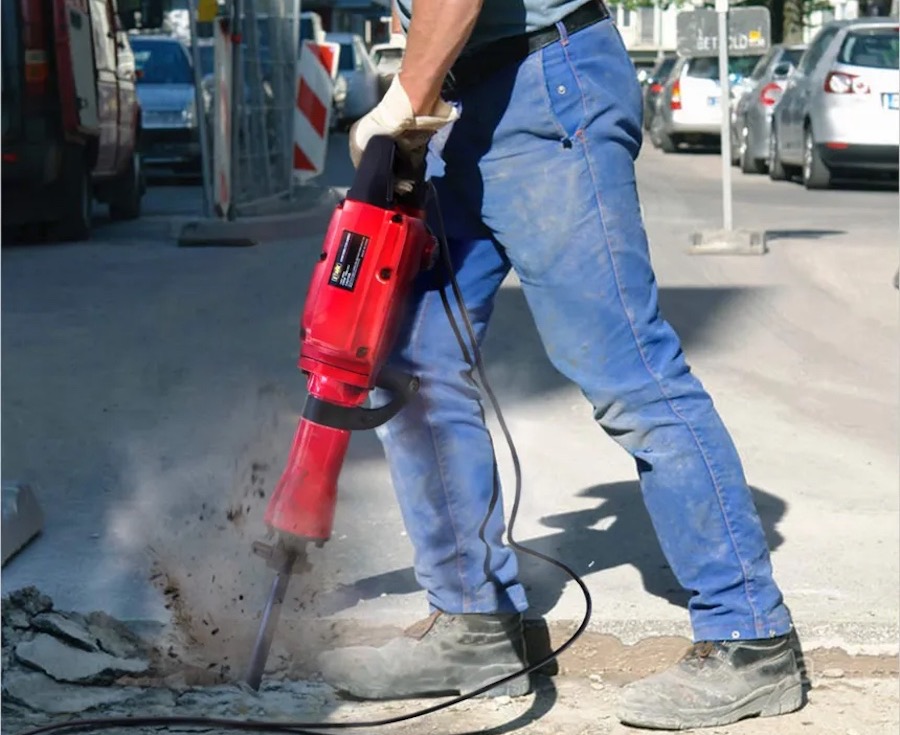Noise pollution is an often overlooked environmental hazard. As cities expand and grow louder, understanding the dangers of urban noise and how to protect yourself from it is crucial.
Never forget: Exposure to loud noise from any source in any location can damage hearing. Nonetheless, city noise alone poses a threat to your hearing.
Why it matters
Excessive noise exposure over time can lead to permanent hearing loss and tinnitus. The culprits include noise from traffic, construction, nightlife, machinery, concerts, and sporting events. All of these sources increase negative stress and cause hearing loss.
While we cannot always control ambient noise, we can moderate the volume and duration of the sounds from personal listening devices, power tools, and hobbies.
Protecting your hearing requires action.
How hearing gets damaged
Loud noises physically damage the microscopic hair cells in the inner ear that transmit sound signals to the brain. Once damaged, these specialized cells cannot regrow, causing permanent hearing loss.

Warning signs
Early signs of hearing damage include muffled speech and sounds, difficulty understanding conversations, or ringing in the ears after noise exposure. Addressing symptoms promptly can help prevent further deterioration.
By the numbers
- Noise above 85 decibels can harm hearing after 8 hours of exposure. This includes heavy city traffic, blenders, and blow dryers.
- Noise above 120 decibels can immediately damage hearing. This includes ambulance sirens and jet planes at takeoff.
- 60 decibels is the maximum volume some experts recommend for preventing hearing loss over time.
Challenges and solutions
- Outdated policies, lack of education, and insufficient warnings contribute to unsafe noise levels. For example, construction crews may not be required to wear ear protection, schools may not teach hearing protection, and loud venues rarely post audible risk warnings.
- Targeted legislation, noise-awareness curriculum, and decibel labeling can promote hearing health.
- Increasingly, cities and businesses use sound-absorbing building materials and speed limit reductions that curb traffic noise.

What you can do
-
Wear hearing protection when exposed to unavoidable loud noises
-
Distance yourself from noise sources when possible
-
Turn down volume on personal audio devices
-
Get annual hearing checkups
-
Support local hearing health initiatives
The bottom line
Protect your hearing. Follow the safeguards above, advocate for noise-reduction policies in your community, and promote awareness of this overlooked public health issue.
Healthy hearing starts here
★ For facts about hearing loss and hearing aid options, download The Hearing Loss Guide.
★ Sign up for our newsletter for the latest on Hearing aids, dementia triggered by hearing loss, pediatric speech and hearing, speech-language therapies, Parkinson's Voice therapies, and occupational-hearing conservation. We publish our newsletter eight times a year.
★ Call 708-599-9500 to schedule a free, 15-minute hearing screening by an audiologist.
Don't let untreated hearing loss rob you of your health and happiness.

